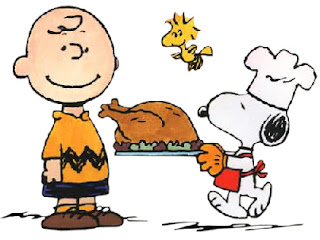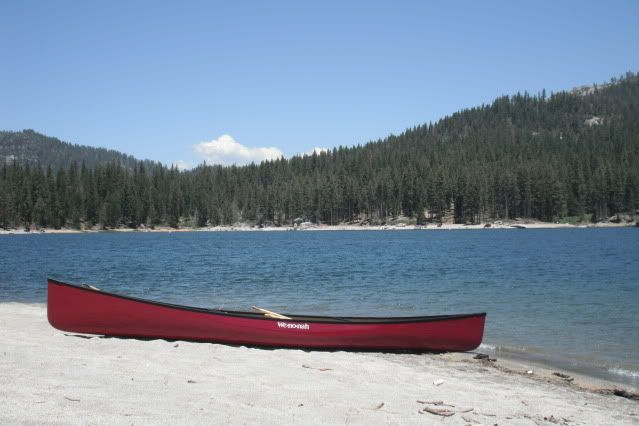I love the Thanksgiving holiday. I love that we still have a day set aside for this simple and powerful act of giving thanks. I love that families and friends make a point of gathering to remember that we are, in fact, blessed.
 Thankfulness is a two-way act. Looking up, we give thanks to God. God is the owner of all, the Creator, and the one who deserves all our praise, all our thanks. And looking around, we thank other people for the ways they bless and help us.
Thankfulness is a two-way act. Looking up, we give thanks to God. God is the owner of all, the Creator, and the one who deserves all our praise, all our thanks. And looking around, we thank other people for the ways they bless and help us.Giving God our thanks is something we generally do quite well. In our prayers and songs, we frequently find ourselves saying “Thank You” to our gracious, Heavenly Father. And that’s the right thing to do. As the Apostle Paul reminded his friends in Philippi, “in everything, by prayer and petition, with thanksgiving, present your requests to God.” Most Christians I know are quick to give thanks to God.
Something that has amazed me is that some of the people most grateful to God are the ones who appear to have the least for which to be thankful, as far as I’m concerned. I’ve met Christian believers facing economic hardship, or suffering physical illness, or grieving in deep tragedy, who are quick to say, “I’m so thankful to God.” And I’m always amazed at their thankful attitude!
Yet I've also observed that we’re not always as good at giving thanks to each other. I know I’m guilty of this one! We can so easily take one another for granted, or we get so preoccupied, we forget what another has done for us and just fail to say thanks. Or maybe we’re afraid that if we say thanks the other person will become proudly puffed up or embarrassed, and we wouldn’t want that!
One tradition we’ve adopted at the past couple Thanksgiving dinners is to say thanks to each other. To make it simple, as we go around the table, each person is asked to say something they are thankful for, AND something they appreciate about the person sitting on either side of them. It’s our way of saying, “I’m thankful FOR you and I’m thankful TO you.” And no one seems to mind being appreciated.
As Christians, we know relationships are important. We do our best to love one another and be a blessing to each other. In other words, we strive to be at peace. The Apostle Paul wrote to the Colossians, “Let the peace of Christ rule in your hearts, since as members of one body you were called to peace.“ But then Paul punctuated that with one more command: “And be thankful” (Colossians 3:15).
Expressing thanks to each other doesn’t solve every problem, but it sure goes a long way to keeping peace and maintaining good fellowship. It’s easier to overlook one another’s imperfections when we are show gratitude. It’s easier to offer help when we know we’re appreciated. And it’s easier to enjoy our fellowship when we simply say, “thank you”.
Happy Thanksgiving! And may you have much for with to be thankful this season!




.jpg)
.png)



